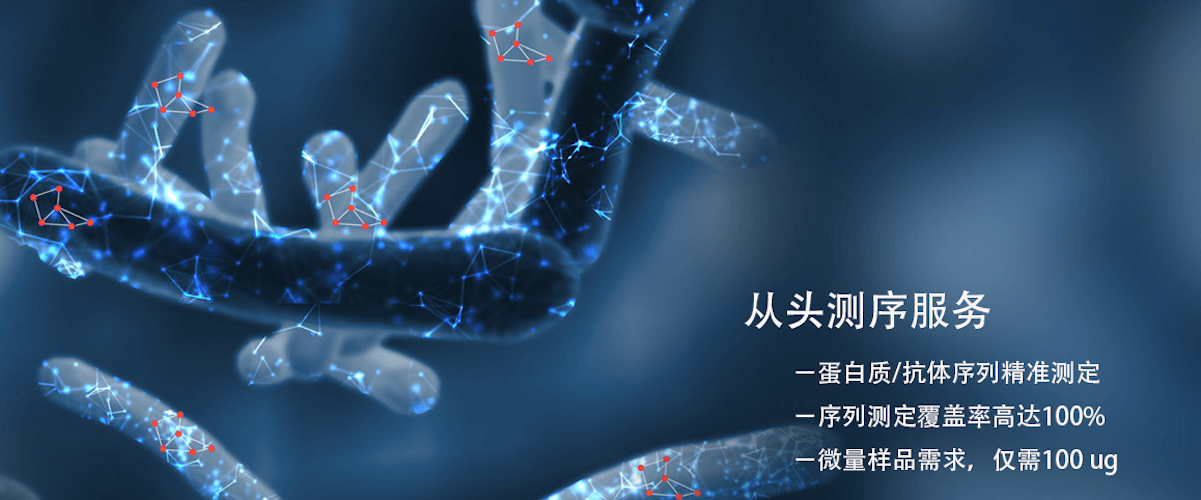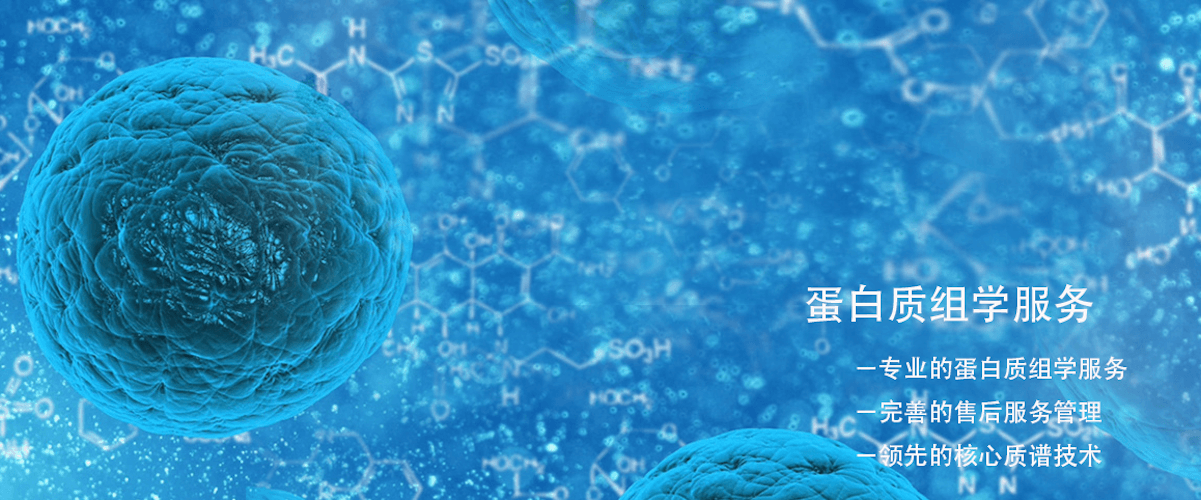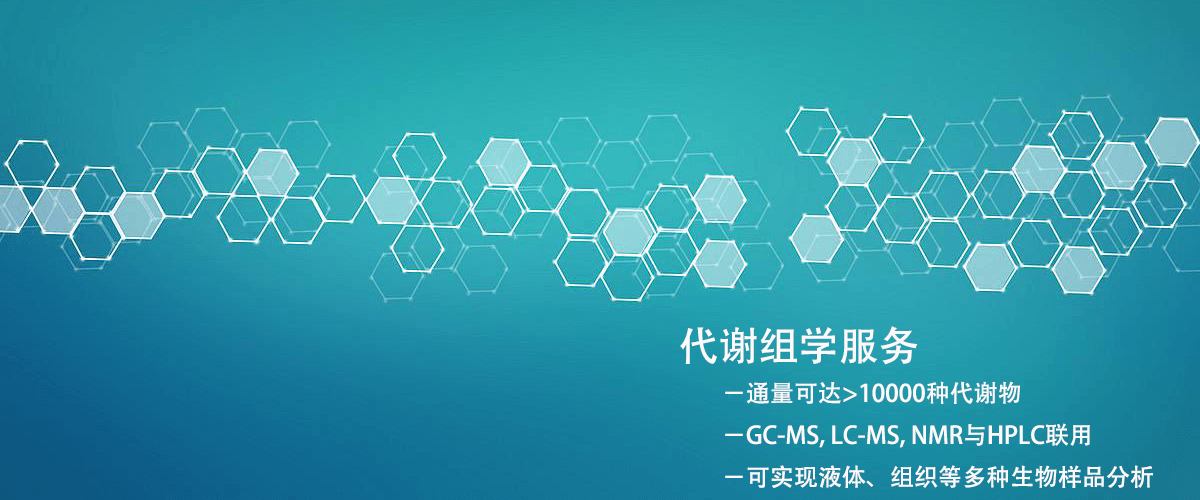Advantages and Disadvantages of De Novo Protein Sequencing
A significant advantage of de novo protein sequencing is that it does not rely on protein databases or genomic information, making it particularly useful for newly discovered proteins or those not identifiable through genomic sequencing. This gives de novo protein sequencing a distinct advantage in studying novel microorganisms, exploring proteins with unknown functions in complex biological systems, and identifying specific disease biomarkers.
However, de novo protein sequencing also faces several challenges and drawbacks. Its main disadvantages include complexity and cost. Firstly, de novo protein sequencing typically requires numerous experimental steps and complex data analysis processes, which demand high technical and equipment standards. Secondly, due to current technological limitations, sequence completeness and accuracy may be compromised, particularly when dealing with large or complex proteins. These challenges may lead to reduced accuracy of results and extended analysis times, thereby affecting research efficiency and cost. Scientists are actively developing more advanced technologies and algorithms to enhance the precision and efficiency of de novo protein sequencing, addressing the current shortcomings.
The advantages and disadvantages of de novo protein sequencing vary across different application scenarios, but with technological advancements, these advantages may be further amplified, while the disadvantages may be gradually overcome. Currently, researchers need to comprehensively assess the pros and cons of de novo protein sequencing to better apply it to scientific exploration and innovation.
Common Questions:
Q1. Can de novo protein sequencing completely replace database-dependent protein identification methods?
A: De novo protein sequencing is unlikely to completely replace database-dependent protein identification methods because the latter are quicker and more efficient for known proteins. However, de novo sequencing has unique advantages when identifying unknown proteins or organisms lacking genomic information.
Q2. How can the accuracy of de novo protein sequencing be improved?
A: Methods to improve the accuracy of de novo protein sequencing include optimizing mass spectrometry instrument performance, refining sample preparation processes, and utilizing advanced computational algorithms for data analysis. Additionally, integrating multiple mass spectrometry techniques and bioinformatics tools can help enhance sequence accuracy and completeness.
BiotechPack, A Biopharmaceutical Characterization and Multi-Omics Mass Spectrometry (MS) Services Provider
Related Services:
How to order?





